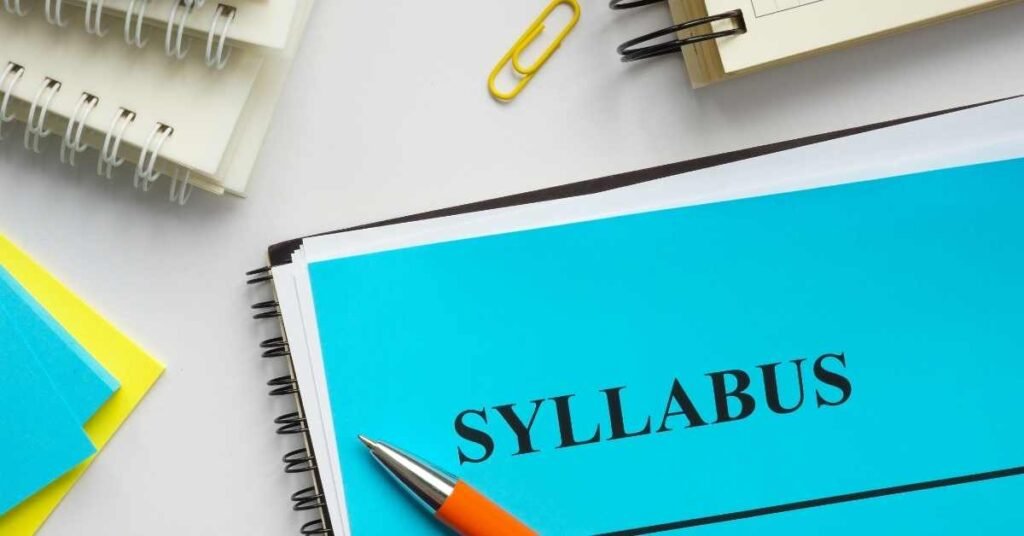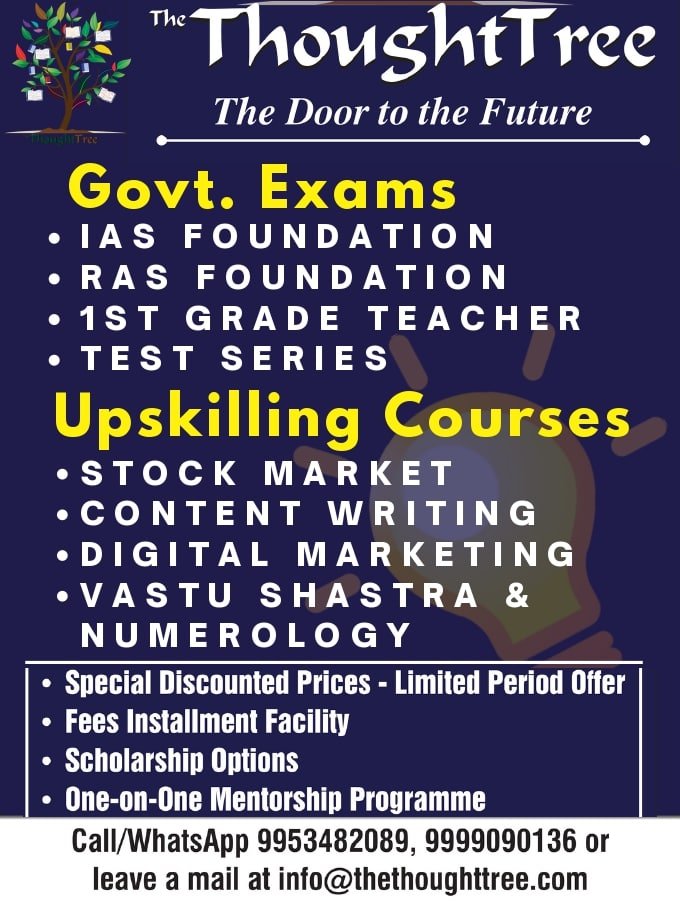Sociology is known to be one of the high-scoring subjects and the most chosen optional subjects among IAS aspirants, the reason being the short syllabus. Aspirants choose sociology from different academic backgrounds for scoring good marks and getting a good rank. Sociology paper consists of two papers in which Paper 1 is Fundamentals of Sociology for the study of society and is created by western scholars, and Paper 2 is for Indian society.
While preparing for the IAS exam, the aspirant must follow a study plan. At the start, an aspirant should understand the exam syllabus and the exam pattern. The IAS exam is a tough nut to crack, and it has a vast syllabus. Thus, it takes time to cover the whole syllabus and do revision. In this article, we will discuss the important sociology optional books.
Without a doubt, for the IAS exam, Sociology Optional books are super important for getting a good rank, But with that, a good study, mentorship, guidance, and high-quality study material are also needed. Get enrolled in The Thought Tree (T3) for Sociology Optional Coaching. Get the best training for the sociology optional in answer writing practice, mentorship, interview guidance, and test series. The Thought Tree provides the best complete IAS Coaching and Sociology Optional Coaching.
[content_ias_cta]
Sociology Optional Books for Paper 1 and 2
Paper 1: Sociology Optional Books
- Sociological Thought: Francis Abraham, John Henry Morgan
- Oxford Dictionary Of Sociology
- Sociology Themes and Perspectives: Michael Haralambos, Martin Holborn
- Sociology: Anthony Giddens
- Sociological Theory: George Ritzer
Paper 2: Sociology Optional Books
- Social Change In Modern India: M. N. SRINIVAS
- Caste Its Twentieth Century Avatar: M. N. SRINIVAS
- Persistence and Change in Tribal India: M.V. Rao
- Social Background of Indian Nationalism: A. R. Desai
- Modernization Of Indian Tradition: Yogendra Singh
- Society In India: Concepts, Theories And Recent Trends – Ram Ahuja
- Social Problems In India: Ram Ahuja
There are the Sociology Optional Books for both Paper I and Paper II. Now, let’s see the complete syllabus for Sociology Optional.
Sociology Syllabus

So far, we have discussed the best Sociology Optional Book, but before start reading the Sociology Optional Books, it is important to know the syllabus of Sociology. So let’s see the complete syllabus of Sociology Optional.
PAPER 1: FUNDAMENTALS OF SOCIOLOGY
1. Sociology – The Discipline
(a) Modernity and social changes in Europe and emergence of Sociology.
(b) Scope of the subject and comparison with other social sciences.
(c) Sociology and common sense.
Read More: Right Age to Start UPSC Preparation
2. Sociology as Science
(a) Science, scientific method, and critique.
(b) Major theoretical strands of research methodology.
(c) Positivism and its critique.
(d) Fact value and objectivity.
(e) Non-positivist methodologies.
3. Research Methods and Analysis
(a) Qualitative and quantitative methods.
(b) Techniques of data collection.
(c) Variables, sampling, hypothesis, reliability, and validity.
4. Sociological Thinkers
(a) Karl Marx – Historical materialism, mode of production, alienation, class struggle.
(b) Emile Durkhteim – Division of labour, social fact, suicide, religion, and society.
(c) Max Weber – Social action, ideal types, authority, bureaucracy, the protestant ethic, and the spirit of capitalism.
(d) Talcolt Parsons – Social system, pattern variables.
(e) Robert K. Merton – Latent and manifest functions, conformity and deviance, reference groups.
(f) Mead – Self and identity.
5. Stratification and Mobility
(a) Concepts – equality, inequality, hierarchy, exclusion, poverty, and deprivation.
(b) Theories of social stratification – Structural functionalist theory, Marxist theory, Weberian theory.
(c) Dimensions – Social stratification of class, status groups, gender, ethnicity, and race.
(d) Social mobility – open and closed systems, types of mobility, sources, and mobility causes.
Read More: Tips to Beat UPSC Exam Stress
6. Works and Economic Life
(a) Social organization of work in different types of society – slave society, feudal society, industrial capitalist society.
(b) Formal and informal organization of work.
(c) Labour and society.
7. Politics and Society
(a) Sociological theories of power.
(b) Power elite, bureaucracy, pressure groups, and political parties.
(c) Nation, state, citizenship, democracy, civil society, ideology.
(d) Protest, agitation, social movements, collective action, revolution.
8. Religion and Society
(a) Sociological theories of religion.
(b) Types of religious practices: animism, monism, pluralism, sects, cults.
(c) Religion in modern society: religion and science, secularization, religious revivalism, fundamentalism.
9. Systems of Kinship
(a) Family, household, marriage.
(b) Types and forms of family.
(c) Lineage and descent.
(d) Patriarchy and sexual division of labour.
(e) Contemporary trends.
10. Social Change in Modern Society
(a) Sociological theories of social change.
(b) Development and dependency.
(c) Agents of social change.
(d) Education and social change.
(e) Science, technology, and social change.
PAPER 2: INDIAN SOCIETY: STRUCTURE AND CHANGE
1. Introducing Indian Society
(i) Perspectives on the Study of Indian Society :
(a) Indology (G.S. Ghure).
(b) Structural functionalism (M. N. Srinivas).
(c) Marxist sociology (A. R. Desai).
(ii) Impact of colonial rule on Indian society :
(a) Social background of Indian nationalism.
(b) Modernization of Indian tradition.
(c) Protests and movements during the colonial period.
(d) Social reforms.
Read More: Common Mistakes to Avoid in UPSC Preparation
2. Social Structure
(i) Rural and Agrarian Social Structure:
(a) The idea of Indian village and village studies.
(b) Agrarian social structure—the evolution of land tenure system, land reforms.
(ii) Caste System:
(a) Perspectives on the study of caste systems: G. S. Ghurye, M. N. Srinivas, Louis Dumont, Andre Beteille.
(b) Features of the caste system.
(c) Untouchability-forms and perspectives
(iii) Tribal Communities in India:
(a) Definitional problems.
(b) Geographical spread.
(c) Colonial policies and tribes.
(d) Issues of integration and autonomy.
(iv) Social Classes in India:
(a) Agrarian class structure.
(b) Industrial class structure.
(c) Middle classes in India.
(v) Systems of Kinship in India:
(a) Lineage and descent in India.
(b) Types of kinship systems.
(c) Family and marriage in India.
(d) Household dimensions of the family.
(e) Patriarchy, entitlements, and sexual division of labour.
(vi) Religion and Society :
(a) Religious communities in India.
(b) Problems of religious minorities.
3. Social Changes in India
(i) Visions of Social Change in India:
(a) Idea of development planning and mixed economy.
(b) Constitution, law, and social change.
(c) Education and social change.
(ii) Rural and Agrarian Transformation in India:
(a) Rural development programs, Community Development Programme, cooperatives, poverty alleviation schemes.
(b) Green revolution and social change.
(c) Changing modes of production in Indian agriculture.
(d) Problems of rural labour, bondage, migration.
(iii) Industrialization and Urbanisation in India:
(a) Evolution of modern industry in India.
(b) Growth of urban settlements in India.
(c) Working class: structure, growth, class mobilization.
(d) Informal sector, child labour.
(e) Slums and deprivation in urban areas.
(iv) Politics and Society :
(a) Nation, democracy, and citizenship.
(b) Political parties, pressure groups, social and political elite.
(c) Regionalism and decentralization of power.
(d) Secularization
(v) Social Movements in Modern India :
(a) Peasants and farmers movements.
(b) Women’s movement.
(c) Backward classes & Dalit movement.
(d) Environmental movements.
(e) Ethnicity and Identity movements.
(vi) Population Dynamics :
(a) Population size, growth, composition, and distribution.
(b) Components of population growth: birth, death, migration.
(c) Population policy and family planning.
(d) Emerging issues: aging, sex ratios, child and infant mortality, reproductive health.
(vii) Challenges of Social Transformation :
(a) Crisis of development: displacement, environmental problems, and sustainability.
(b) Poverty, deprivation, and inequalities.
(c) Violence against women.
(d) Caste conflicts.
(e) Ethnic conflicts, communalism, religious revivalism.
(f) Illiteracy and disparities in education.
Read More: One Year Study Plan for UPSC
How to Prepare for the Sociology Optional?
- It is important to understand that the syllabus is crucial for the exam. An aspirant should be well acquainted with the complete Sociology syllabus.
- As said in the article, it is important to refer to the best Sociology Optional books covering the syllabus. Thus some of the best Sociology Optional books have been discussed for exam preparation.
- Along with studying, it is important to practice answer writing and do revision of the topics. Take mock tests to get a clear idea of the exam pattern.
- Also, read the newspapers and be updated with the current events.
Final Word
To wrap it up, to get a good score in the Sociology Option exam, it is important to refer to the above-mentioned Sociology Optional Books. Clearing the IAS exam is not a simple task. An aspirant needs to put effort and be dedicated. While preparing for the exam, know the syllabus, refer to the best Sociology Optional books, be familiar with the exam pattern, and manage the time accordingly. In this article, we have listed the best sociology optional books for the UPSC exam. Refer to all the important books. There are various online and offline sources, so make the best use of them. Good luck!





